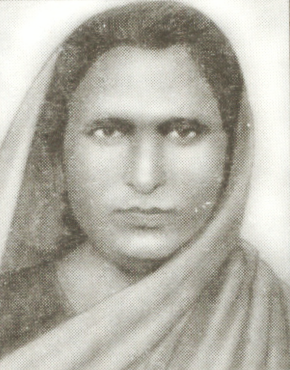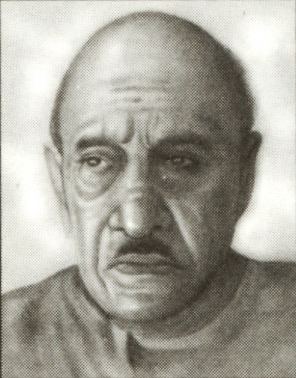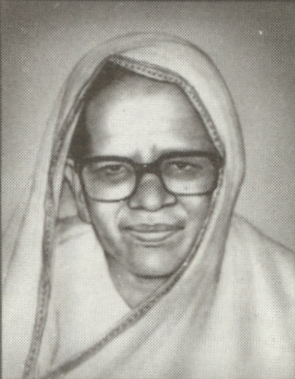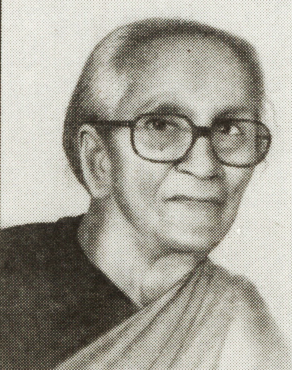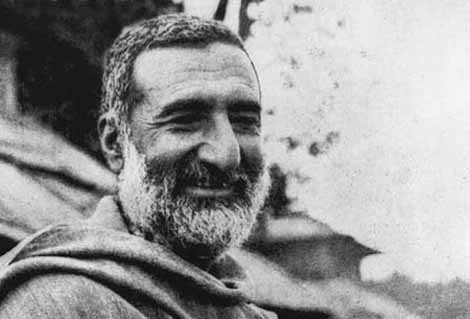
Khan Abdul Gaffar Khan, famously known as ‘Frontier Gandhi’, was born in 1890 in Uttamanzai village of Charsaddah tahsil in the Peshawar district of Pakistan. His father Khan Behram Khan was the Sardar of village Uttamanzai. He joined the British Indian Army after completing his studies. Hee quit the army, however, outraged by the misbehavior of British Officers towards Indian colleagues, in 1906. Later, he went to Aligarh to pursue his higher education. He returned to his native village as desired by his mother without completing his studies. He travelled across the north west frontier region, observing the troubles of the people. More and more, he felt that education was the way forward. So, he started ‘Azad National School’ with the help of his friend Abdu Aziz in 1910 in Uttamanzai. His efforts led to qualitative change in the lives of the Pathans. He entered into Indian national movement by participating in the Anti-Rowlatt agitation in 1919. He met Mahatma Gandhi in 1928 at Calcutta becoming a close aide and follower. He started a society named ‘Khuda-i-Khidmatgar’ (Servants of God) in 1929, persuading the Pathans to lay down their traditional use of arms. When the British Police turned the Khissa Khani Bazar in Peshawar into a heap of corpses, ‘the Servants of God’ did not even pelt a single stone against police, but faced the bullets but answered with non violent agitation. Ghaffar Khan attended the All India Congress meeting at Karachi on March 31, 1931 along with the volunteers of the ‘Khuda-i-Khidmatgars’. It was here that the historic Fundamental Rights resolution was passed giving workers, farmers and women equal rights. He spent 15 years in jail for participating in the Indian National Movement. He opposed the resolution passed by the Congress in May 1947 acquiescing to the division of the nation, for which he had to face the ire of the leaders of the Muslim League. He expressed his anguish to Gandhi and said ‘you have left us to the wolves’. The government of Pakistan was irked by his comments and declared him a covert and imprisoned him. As a result, Ghaffar Khan had to spend 15 more years in jail and 6 years in exile. The government of India honoured him with the highest civilian award ‘Bharat Ratna’ in 1987. ‘Frontier Gandhi’ Khan Abdul Gaffar Khan, who followed the path laid by Gandhiji till his end, passed on 20 January, 1988.

